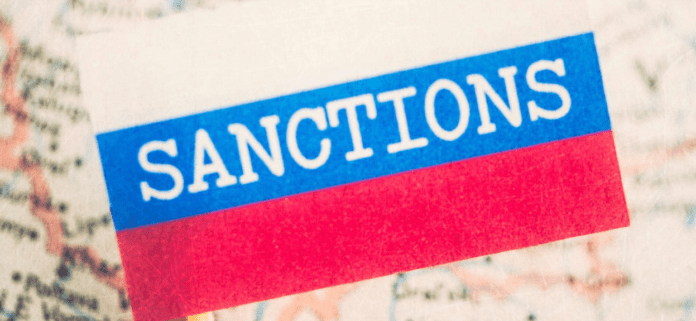The European Union is now debating Slovakia’s alleged cooperation with Hungary in seeking for the revocation of EU sanctions against a number of Russian individuals, most notably the Russian-Uzbek oligarch Alisher Usmanov. At a meeting of EU Foreign Affairs Ministers in February, Slovakia revealed its support for Hungary’s proposal, according to diplomatic sources cited by a Swedish news outlet and reported by Ukrainska Pravda. The conversations that took place behind closed doors in Budapest in December 2023 between Slovakian Prime Minister Robert Fico, Hungarian Foreign Minister Juraj Blanar, and their counterparts from Hungary are clarified by this information. It further discussed the matter of easing sanctions against Usmanov.
Sanctions are fines imposed on a nation, its representatives, or individual people in an effort to discourage the targeted policies and behaviors. Travel bans export limitations, trade prohibitions, and asset seizures are examples of sanctions.
Sanctions are seen as a non-military alternative to force in policymaking. In an era of growing global trade and economic interdependence, they can be costly to their targets and have broad applicability outside the borders of the sanctioning nation.
Reportedly, Slovakia requested Hungary’s support in arguing that Jozef Hambalek, a businessman connected to the Russian motorcycle club “Night Wolves,” should not be included on the EU sanctions list. In return, Hungary asked Slovakia’s assistance in getting a number of other Russian nationals taken off the sanctions list. These individuals included Russian billionaire Vyacheslav Kantor, former Formula 1 driver Nikita Mazepin’s assistant Sergei Mndoiants, and founder of the Russian company “Yandex,” Arkady Volozh.
Sources indicate that although Volozh and Mndoiants were taken off the sanctions list along with Hambalek, there was much unrest in the EU about Usmanov, Mazepin, and Kantor, which led to the sanctions being kept in place against them. These diplomatic ploys highlight the continued sensitivity around the subject of Russian sanctions inside European politics and cast doubt on Slovakia’s reasons for becoming involved. The circumstances underscore the intricacies and conflicts that are intrinsic to diplomatic discussions inside the European Union, specifically with regards to issues of global sanctions and connections with Russia.


